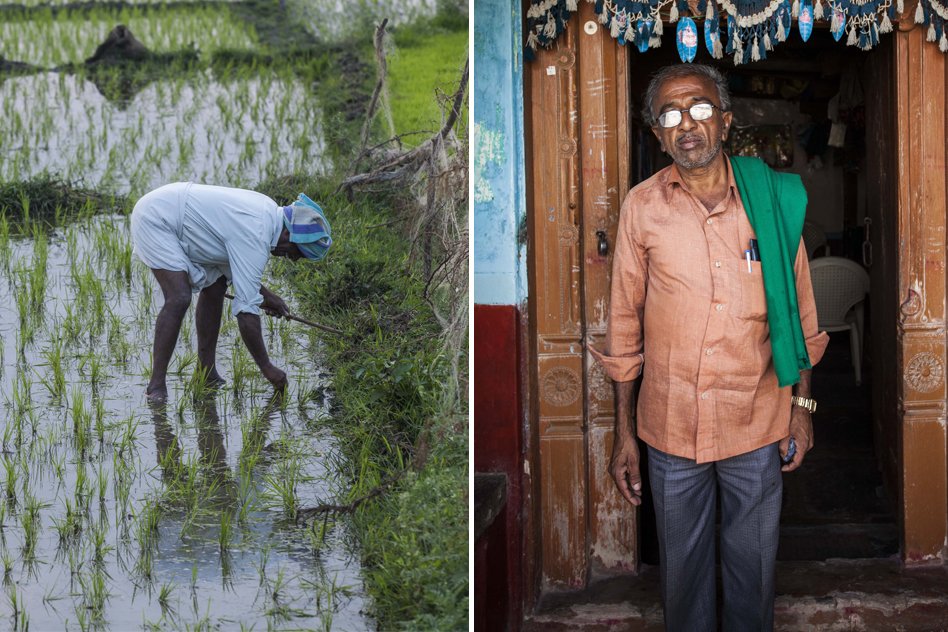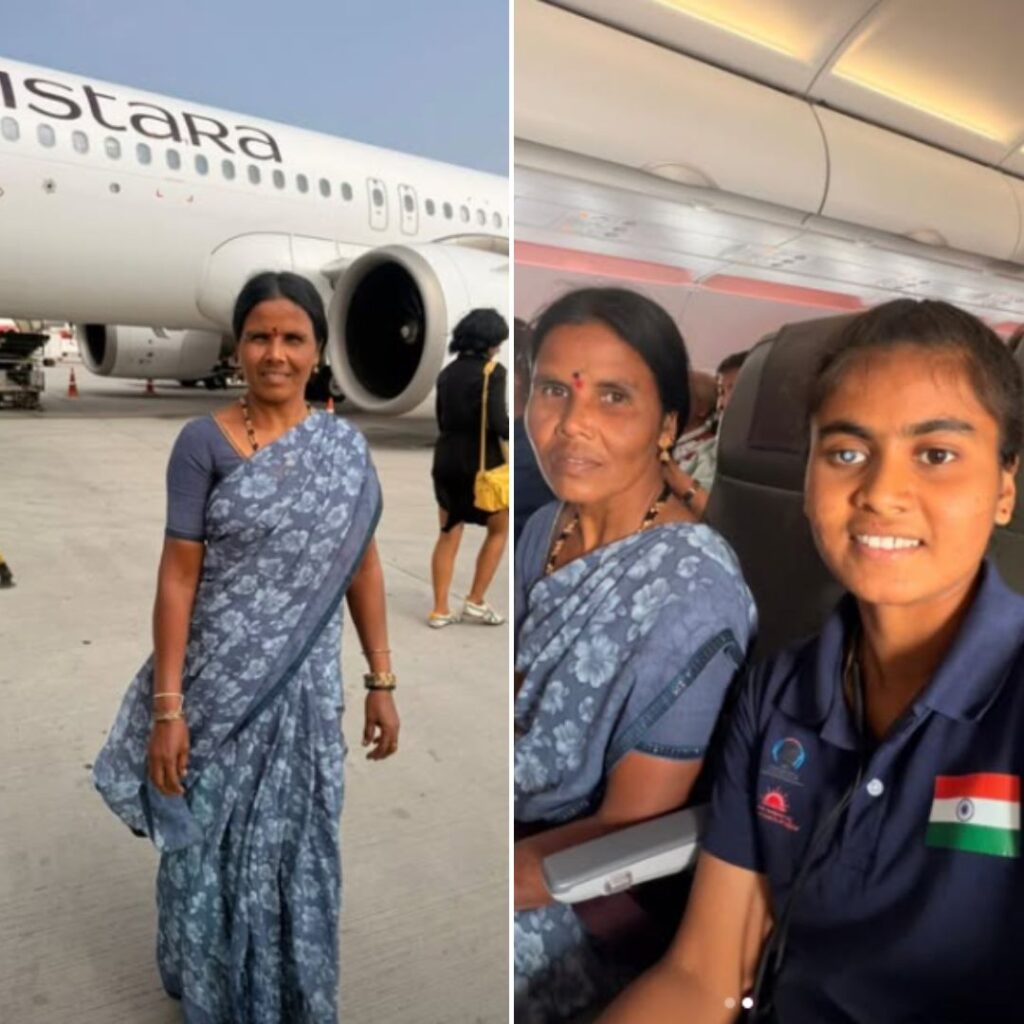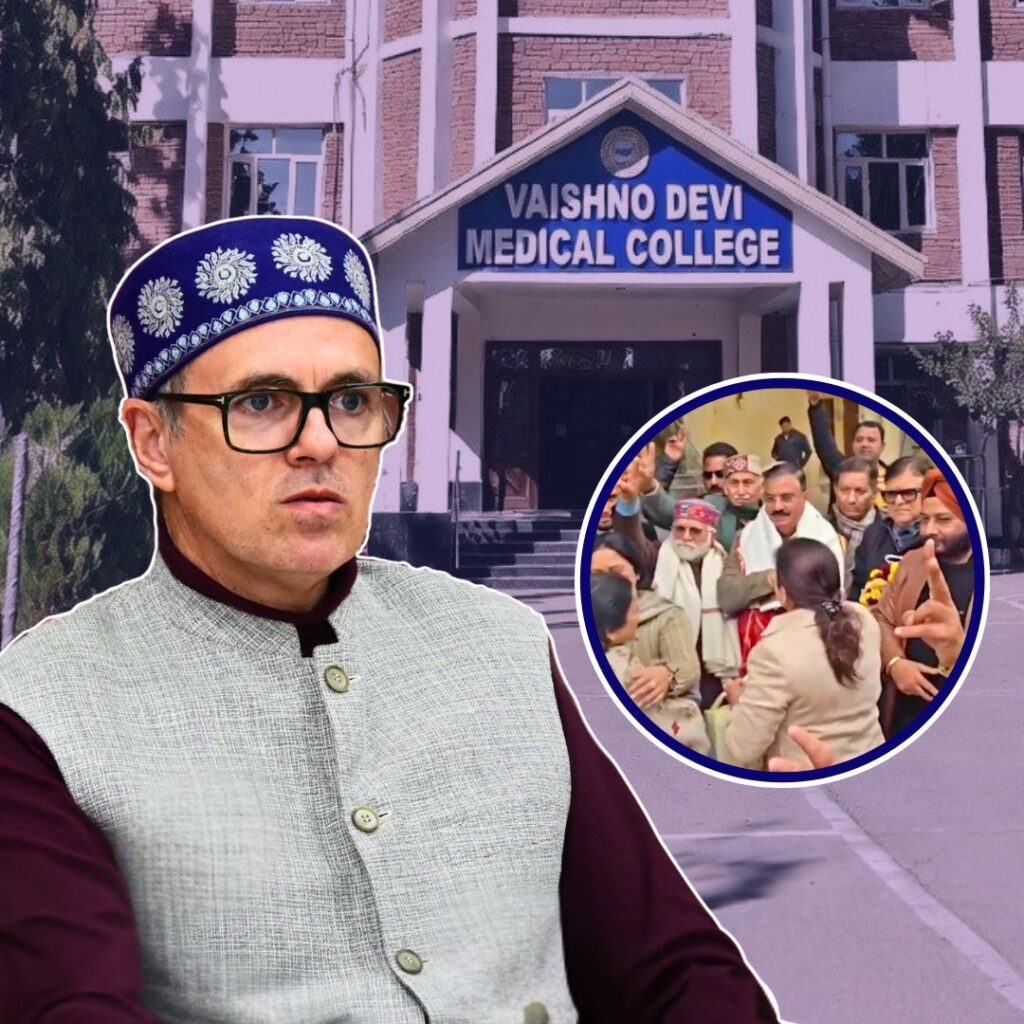“I am a defaulter. I borrowed Rs 2,96,000 three or four years ago and I have to pay back the bank around Rs 600,000 today. I lost my permit to cultivate sugarcane a while ago. Every farmer you meet here is a defaulter. There’s isn’t a single person here who is completely debt-free. And, I fear there never will be. I have also taken some money from sahukars. Their dalals visit my home almost every day and demand to be paid. They just want their money back and as long as they receive their interest they aren’t bothered about my troubles. They tell me they aren’t responsible for my failed harvest. Tell me, who is?,” asked Maheswara Reddy, a farmer residing in Siriganahalli, Davangere, as he slumped down in his chair.
At first glance, his house was a crooked assemblage of wood and concrete. Reddy’s sister-in- law greeted us with a shy smile as his nephews and nieces stole a few glances from the kitchen. Their friends stood against doorways admiring trails of dust that rose and settled on deserted pathways. Some fumbled with their sprigs and sticks while others held their tyres close to them, staring intently at us.
In the afternoon sun, structures cast their shadows athwart the narrow passages. The momentary intrusion of sun rays amidst crumbling walls created a lattice of light and shade on the ground. As if on cue, the discerning silence of the village was broken by loud clanging of pots and vessels coming from a distance.
“Appaji died in an accident in 1992,” said Reddy, “I was studying in ICWAI (Institute of Cost and Works Accountants of India) at that time. I woke up one day and realised I didn’t have a father anymore. We lost the only bread winner of our family. I had to drop out of college to help with running the household. Sometimes, I feel helpless. Farming is a genuine struggle. If I suffer losses with one harvest, it will take me five successful yields to recover the costs. Agricultural labourers too demand Rs 1,200 per tonne of sugarcane whereas I earn Rs 700 per tonne. Where do I get the money from? How do I pay off my debts? I don’t grow sugar cane anymore. I stopped cultivating them a while ago. I couldn’t handle the losses. My only source of income comes from paddy. And, that’s how we are surviving right now.”
He spoke bitterly of government’s reluctance to regularise scientific pricing of crops. For decades, farmers all over the country have been revolting against the centre’s lackadaisical attitude in establishing a system wherein unprecedented rise in cost of cultivation, procurement of raw materials and manual labour should be taken into consideration while deciding fair remunerative pricing for their commodities. “Farmers are always deprived of ‘just’ pricing. We are supposed to operate in loss. We get good rates once in fifteen years. If we were given what we deserve, why would we struggle every year? Fertilisers required for paddy are far more expensive than what we earn from our harvest. I barely make what I spend. We have food and shelter for now but what about our children? Should we stop sending them to better schools? What about unexpected medical expenses? I can’t even afford to buy clothes for our daughters and sons,” he said in a grim tone.
Within moments, Arun walked into the house and suggested we eat something. Reddy asked his sister-in- law to prepare some upma and groundnut chutney. In a corner, his older brother Ranganath laughed at kids running astray playing a game of catch and release. “He is a farmer too,” whispered Maheswara so as not to shatter the spell of the moment, “His life has been extremely difficult like most farmers in these regions. He works so hard. I feel terrible at times and wonder who’s responsible for his plight.”
His entire family has been farming since 1978. Earlier, they grew everything from groundnut, corn, pulses and chilly to even okra and cucumber. They worked towards becoming self-sufficient through small-scale farming. While their ancestors practised intensive subsistence agriculture, over time, industrialisation and irrigation farming replaced traditional methodologies. Today, the entire belt cultivates paddy and sugarcane.
“Cost of living was low back then but we led simple lives. We had enough to survive. With time, our needs increased and we couldn’t cope with rising demands. For instance, if a farmer owns a motorcycle, he spends at least Rs 100 on fuel everyday. His total expenditure adds up to Rs 36,000 per year. If his child is enrolled in a private school, he will shell out Rs 15,000 as fees per annum. We have become completely dependent on supplies from the city. This is the biggest change in our lifestyle in the past ten years.
Farming can’t feed us anymore. We are constantly looking for alternate means to make a living. We end up taking more loans and are incapable of paying our debts,” he said. In conversation, Reddy’s colleague Arun who is an active member of Karnataka Rajya Raithara Sangha (KRRS) mentioned to us that there are at least 20 landless families residing in the village who have no choice but to rely on fishing or agricultural labour work for their survival. With sugar mills failing to invest in appropriate waste treatment plants, the deliberate contamination of the reservoir and the subsequent degradation of ecology could result in complete loss of livelihood in the near future.
After lunch, we expressed our desire to meet some of the fishermen residing in the village. We walked through narrow alleyways that led us to the main road. As we turned to the east, we chanced upon them once more. Those endless fields. Some plots converged near shallow water bodies and others disintegrating into nameless voids. Even so, every creature on these farmlands lived with purpose, and none an aimless wanderer. For, their co-existence was crucial to their survival. No matter where we looked, we bore witness to their relentless quest to live; in the shuddering panicles, in the determined sight of birds and animals seeking their prey; and in the spirit of mankind that thrived within its soils…
Excerpts from ‘Rest Of My Family’ journals exploring the ongoing farming crisis…
This story is an effort by The Logical Indian in collaboration with Rest Of My Family towards bringing stories which need much attention.
Submitted By Akshatha Shetty & Photos By Piyush Goswami











